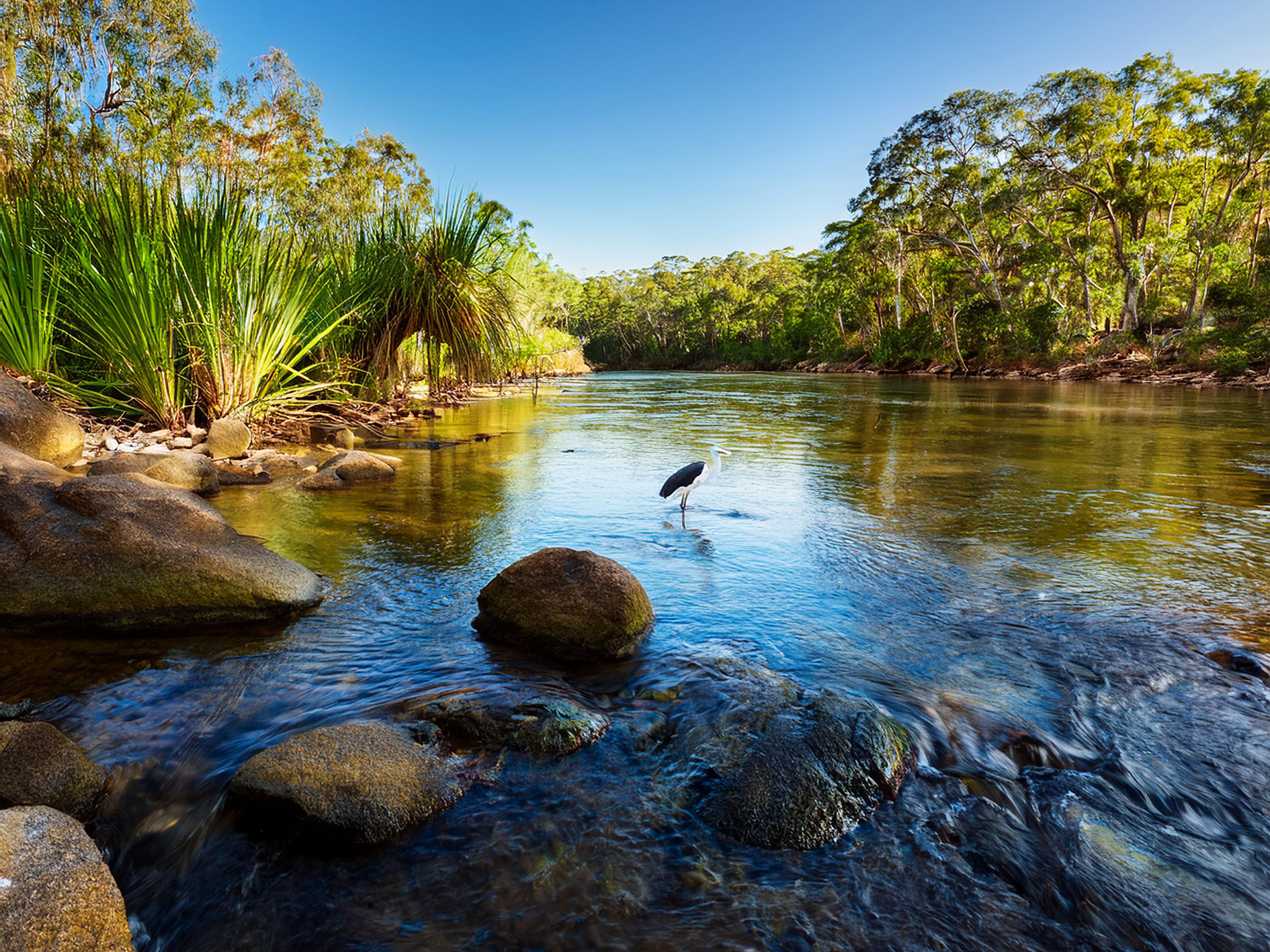WILD DOG RIVER BY GREG BARRON
Sorry, but the online version of Wild Dog River has been taken down while it is edited and prepared for publication. You can order the paperback here or check out our books at the Ozbookstore.

Sorry, but the online version of Wild Dog River has been taken down while it is edited and prepared for publication. You can order the paperback here or check out our books at the Ozbookstore.